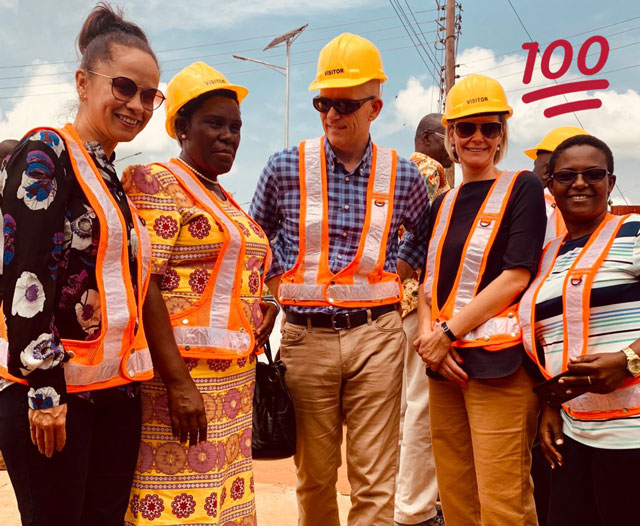
Kampala, Uganda | THE INDEPENDENT | Municipal mayors and Town clerks have opposed new guidelines in the Uganda Support to Municipal Infrastructure Development-USMID project operational manual. The officials argue that the new guidelines are very stringent and affect the implementation of the project.
They require that the beneficiary municipalities and districts should have relevant accounting officers who will directly execute the project under the supervision of the Lands, Housing and Urban Development Ministry, the project must be part of the beneficiary’s 10 year development plan, for any project to receive USMID funding it must be endorsed by the area council, the technocrats must consult members of Municipal Development forum (MDF) on the preferred project before implementing it, and that beneficiaries are expected to increase their tax base annually.
The new guidelines come ahead of USMID phase 2. Government has already approved a World Bank loan of US$ 360 million dollars to facilitate infrastructure development projects in 18 municipalities and four refugee hosting districts. However, mayors and town clerks from the beneficiary municipalities, say the new guidelines may affect the project implementation. Vincent Kayanja, the Entebbe municipal Mayor, says municipalities can’t increase their local revenue base because of political interference.
“There is a lot of political interference within the local government tax collection system for example, the president, ordered tax operators to stop paying to councils but rather Uganda Revenue Authority-URA, which has become financially constraining to us because taxis and buses were our main sources of local revenue,” he said.
Paul Omer, the Soroti Mayor says the new beneficiary municipalities don’t have development plans for big infrastructure projects yet it is one of the requirements. “Most of these new beneficiary municipalities have a small tax base of between UGX 500 million-1billion annually and if it requires them to have running developmental plans for big infrastructure projects before accessing USMID funding, they may end up missing out because all of them come up with plans that suit their budget,” he said.
Francis Barabawawe, the town clerk Gulu municipality, says political interference from local leaders during the bidding process threatens the project.
“The guidelines should be revised to limit political interference from local leaders and leave the supervisory role to the Lands Ministry because whenever councilors approve these projects, our powers are usurped, they interfere with the bidding process, which delays the works,” he said.
Isaac Mutenyo, the USMID coordinator says the guidelines are aimed at creating efficiency and eliminate mistakes experienced in the first phase of the project characterized with delayed procurement and completion of works.
USMID is a World Bank project, which aims at improving infrastructure in selected municipalities. At least 14 old municipalities including among others Mbale, Masaka, Arua, Gulu, Fort portal and Mbarara received funding in the first phase to improve their road infrastructure.
*****
URN
 The Independent Uganda: You get the Truth we Pay the Price
The Independent Uganda: You get the Truth we Pay the Price



